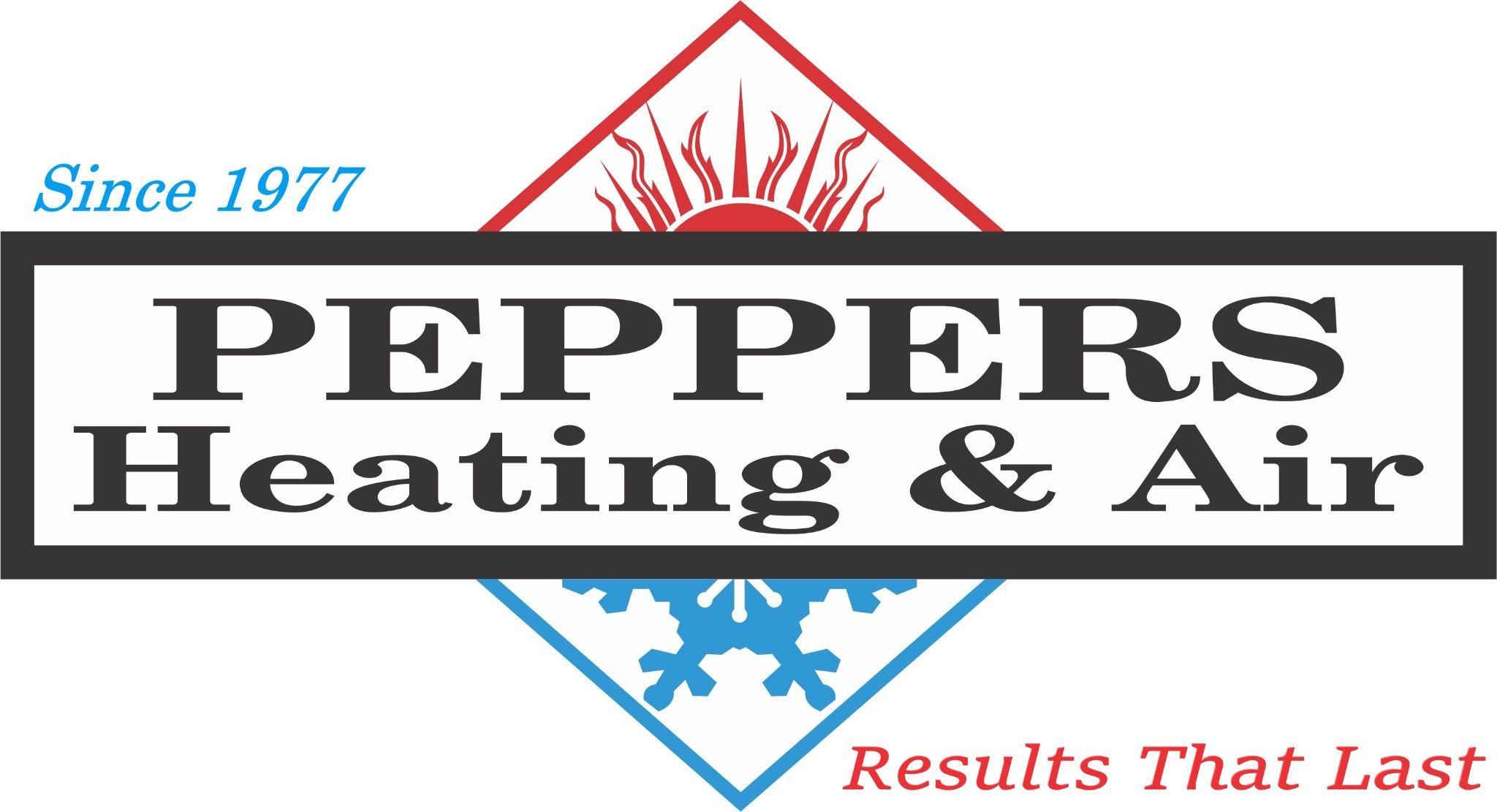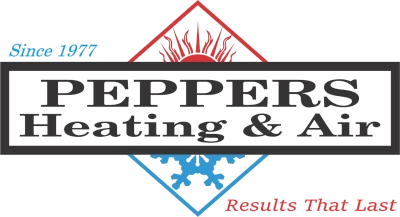According to Harvard’s Joint Center for Housing Studies, Americans are spending increasingly large amounts of money on residential remodeling projects each year and seeing less and less of a return. From 2018 to 2019, the money spent on home remodels nationwide increased by 7.5%, totaling nearly $340 billion. Yet, the average ROI for these projects was only 56% — a decrease of 12% in just one year, as stated in a survey by Remodeling Magazine.
When you’re planning a renovation project in preparation to sell your home, the key to maximizing ROI and avoiding costly renovation mistakes is knowing which upgrades will add the most value. HVAC upgrades will always be a safe bet and a smart investment — and yet, these home improvements are some of the most commonly overlooked by homeowners and flippers.
In today’s market, it’s riskier than ever to make the wrong renovations. You could end up spending thousands of dollars on kitchen and bathroom upgrades that never pay themselves off. Below, you’ll find an explanation of why HVAC upgrades are your best bet, backed by a list of upgrades that will almost always pay off and help you sell your home faster.
WHY TO INVEST IN YOUR HOME’S HVAC SYSTEM
Upgrades like refinished cabinets and new countertops are nice to have, but an updated HVAC system is critical. While homebuyers won’t notice a brand-new HVAC system, they’ll definitely spot an old or broken one — and it might cost you the sale. A prospective buyer probably won’t automatically walk away from a home without all the newest gadgets, but they won’t even look twice at a home that lacks basic heating and cooling abilities.
As such, you should take HVAC renovations quite seriously and make them a priority over new flooring, paint, and other aesthetic or luxury upgrades. You might hesitate when you look into the costs, but The National Association of Realtors (NAR) reports that HVAC remodels have a higher average return on investment than most other types of remodeling projects, yielding a return of up to 71%.
Learn More: A 2018 Cost vs Value Report for Remodeling Projects by Remodeling Magazine
QUESTIONS TO CONSIDER WHEN UPDATING YOUR HVAC SYSTEM
The secret to knowing which HVAC upgrades to make is understanding which ones are best for the kind of house you have and the people you intend to sell to, according to the program manager of the National Association of Home Builders (NAHB). You’ll want to take into account the region, the age and size of your home, your budget, and the layout of your property.
Is your current HVAC system still working well?
During the home-selling process, you can bet that people will ask you the age of your HVAC system. If it was installed less than 10 years ago, it very likely has several good years of use left in it, and anything newer isn’t likely to make a difference in home value or offers from potential buyers. If the current components are still operating optimally, there’s no use in shelling out money to fix what isn’t broken. Anything older than 15 years old, however, will be a turnoff to buyers. At this point, consider replacing the HVAC system completely.
Can you get away with an HVAC repair rather than a replacement?
If your HVAC unit is less than 10 years old but functions like it needs to be upgraded, you might be able to get away with some simple repairs rather than a complete system overhaul. To find out if you should repair or replace an HVAC system, multiply the age of your existing unit by the cost of the repair. If the total is more than $5,000, you’re better off replacing the system than repairing it.
Do you currently have energy-efficient HVAC units?
Efficiency-labeled homes are increasing in preference and popularity among new homebuyers (because who doesn’t want to save on their utility bills?). When it comes to increasing the resale value of your home, upgrading to energy-efficient HVAC appliances is one of the smartest moves you can make to stand out in today’s competitive housing market.
As reported by energy.gov and the US Green Building Council, homes that have energy-efficient HVAC systems see a 5% to 8% higher selling value compared to homes without this feature. If your unit is too big, too small, or too old for your house, consider making the upgrade to minimize energy waste and attract buyers. Some states even offer tax breaks for homeowners with energy-efficient HVAC systems.
OPPORTUNITIES FOR HVAC UPGRADES
It’s hard to go wrong with most basic HVAC upgrades, especially if the home you’re renovating is more than 20 years old. Experts in real estate all agree that, even though you may only recover 50% or less of certain HVAC investments, an upgrade could capture the interest of buyers and make it worth the purchase.
Refer to the list of HVAC-related upgrade ideas below for easy ways to considerably increase your home value and make your property more competitive on the market. While reading, keep in mind how much you want to spend and the current condition of your existing HVAC units.
Basic HVAC upgrade options
Insulation
Poor insulation is an easy fix and a low-risk investment that yields a 95% to 116% return. Fiberglass insulation only costs around $1,200 on average and yields a $1,400 return upon resale within a year of completion.
Properly insulated walls improve a home’s ability to regulate internal temperatures and reduce the demand on its HVAC system. In theory, an insulation upgrade would be easy for the homebuyer to do on their own. Realistically, however, most buyers want their new house to be move-in ready and won’t want to take on any projects after a move. Most people are willing to pay a little extra to have these things done for them, which makes this appealing upgrade a great selling point to disclose.
Learn More: Find Out Which Type of Insulation You Need for the Project (Department of Energy)
Furnace/Boiler
Replacing an old furnace or boiler is an easy upgrade that doesn’t require much labor. Most furnaces can last up to 15 years with proper maintenance, but most older heating appliances require frequent, pricey repairs and cost a lot to run. By switching to a new heating appliance, you conserve energy and improve the efficiency of your home’s heating system, which is attractive to potential buyers.
To check the age of your furnace, scan its surface for a tag with a serial number. This number usually tells you the age of your unit. For example, if a serial number is something like 1194CA4678, the first four digits mean that the furnace was manufactured on the 11th week of 1994. Dates after 2000 are usually encoded in the last three to six digits of the serial number (for example, 69809-1032708 would mean that the furnace was manufactured in July of 2008).
Air Ducts
If you are replacing an old HVAC system with a more efficient one, you might need to upgrade your ductwork to accommodate it. Ductwork is made to last 25 years at the most, but it starts to degrade about 15 years in. Deterioration will reduce the efficiency of an HVAC system significantly, so it’s a good idea to replace the ductwork if you plan to sell your home in the near future. Doing so will improve your home’s air quality and ensure that it meets the level of cleanliness recommended by the US Environmental Protection Agency.
Central Air
People want to be comfortable in every room of their home all year long. Most homebuyers today consider central heating and air conditioning a standard feature rather than an upgrade, so without it, you may struggle to get an offer close to what you’ve asked for — or to sell your home at all. A central air installation can cost anywhere from $6,000 to 15,000, but it could increase your home value by up to 10%.
Smart Thermostat
Another NAHB survey showed that smart thermostats are now ranking in the top three most desirable home technologies among homeowners and prospective buyers. These devices allow you to control your home energy consumption and regulate temperatures from your smart device. The cost of a smart thermostat can range from $150 to $400+, not including installation.
With the way the world is going, home appraisers are beginning to include smart devices in home appraisals, according to Realtor.com. Consumer Reports reveals that smart home features like smart thermostats can bump your home’s resale value by up to 5%. For example, that would be a $20,000 value added to a $400,000 home simply because consumers are willing to pay more for a house with modern amenities.
Whole-Home Dehumidifiers
A humid climate can be difficult to live in, but dehumidifiers are great smart devices to help with controlling humidity in the home. They can be integrated with a residential HVAC system to produce consistent air quality across all areas of a house so there’s never a difference in comfort as you move around indoors. Whole-home dehumidifiers can cost between $1,300 and $2,800, but the cost might be a great selling point for prospective buyers if you live in Georgia.
NEED HELP WITH YOUR HVAC SYSTEM? Contact Peppers Heating and Air at 770-483-1282 or complete our contact form hereTAGS: HVAC UPGRADES, NEW HVAC INSTALLATION


